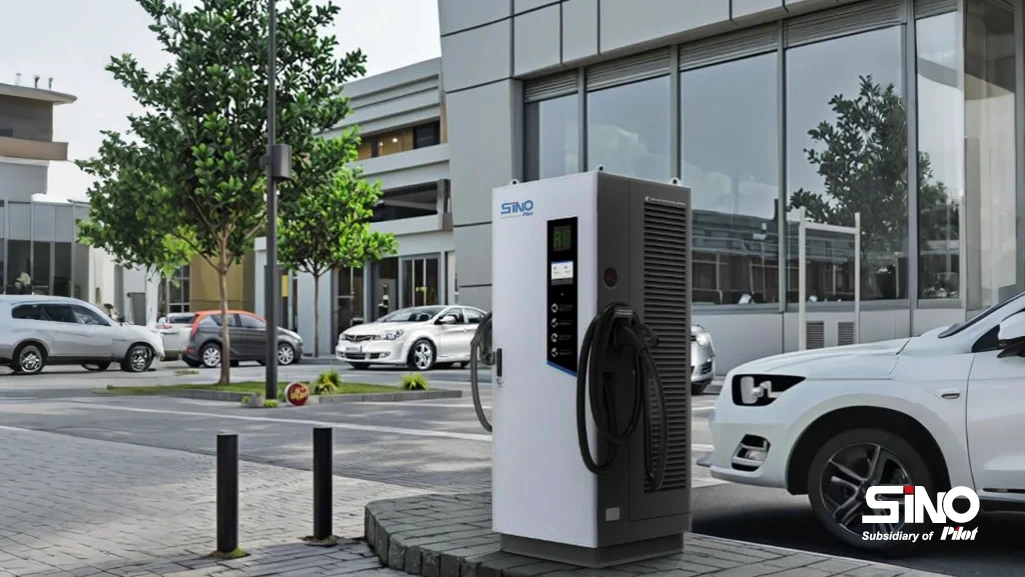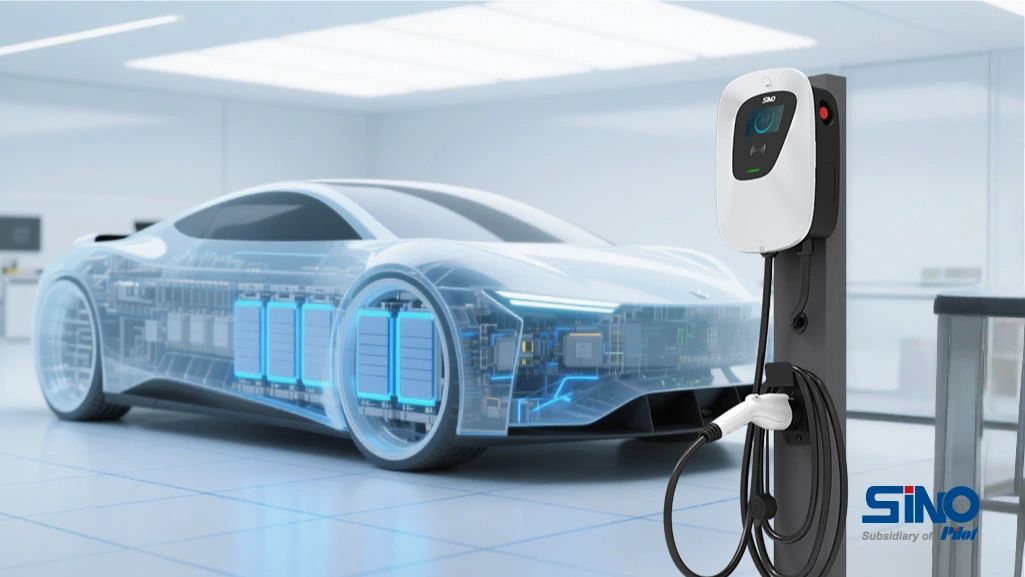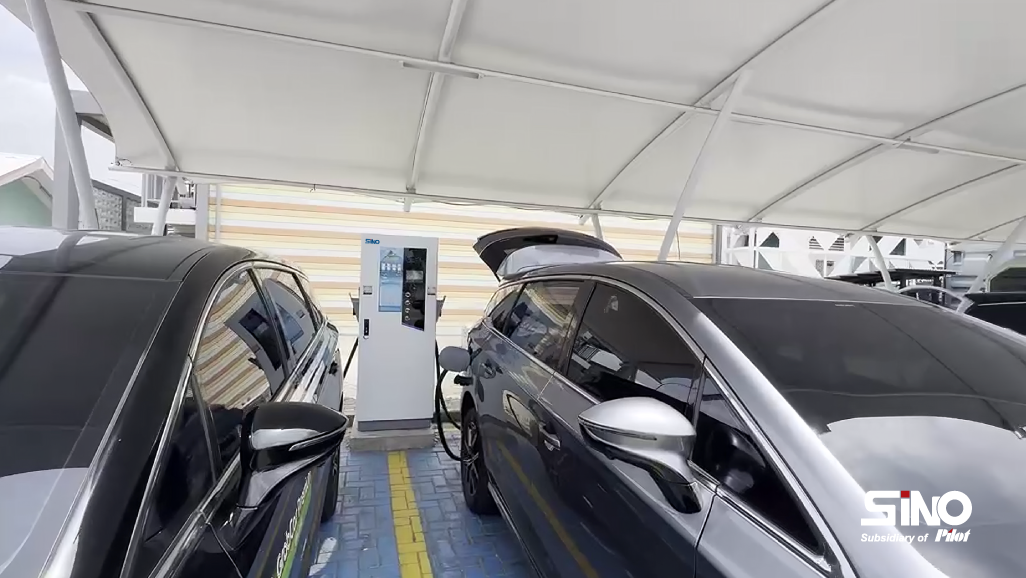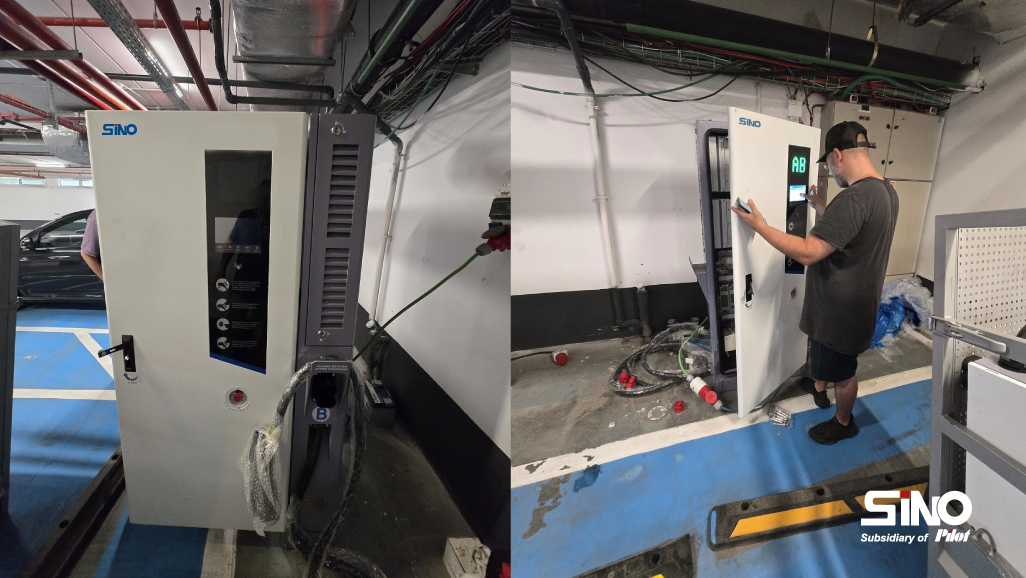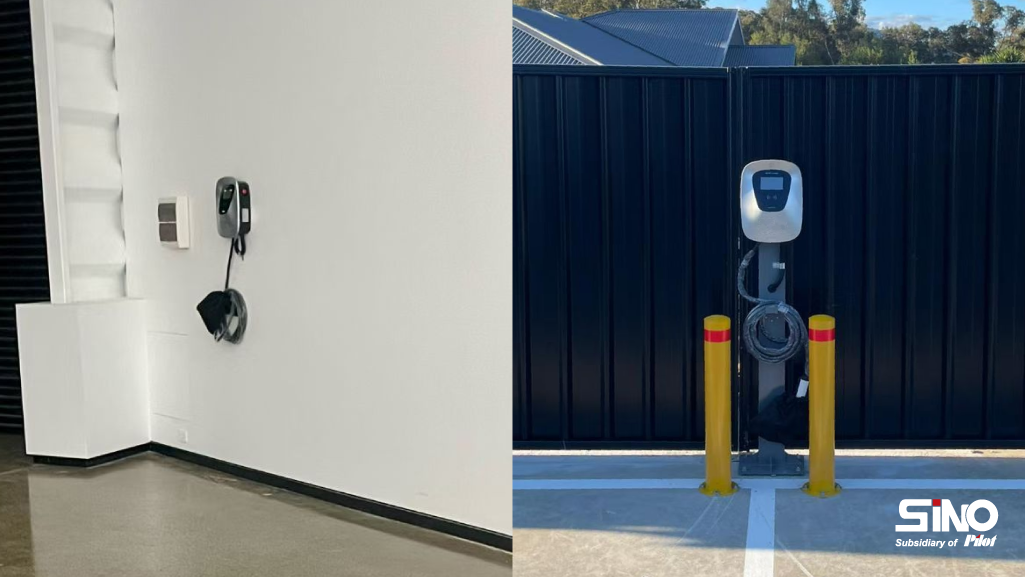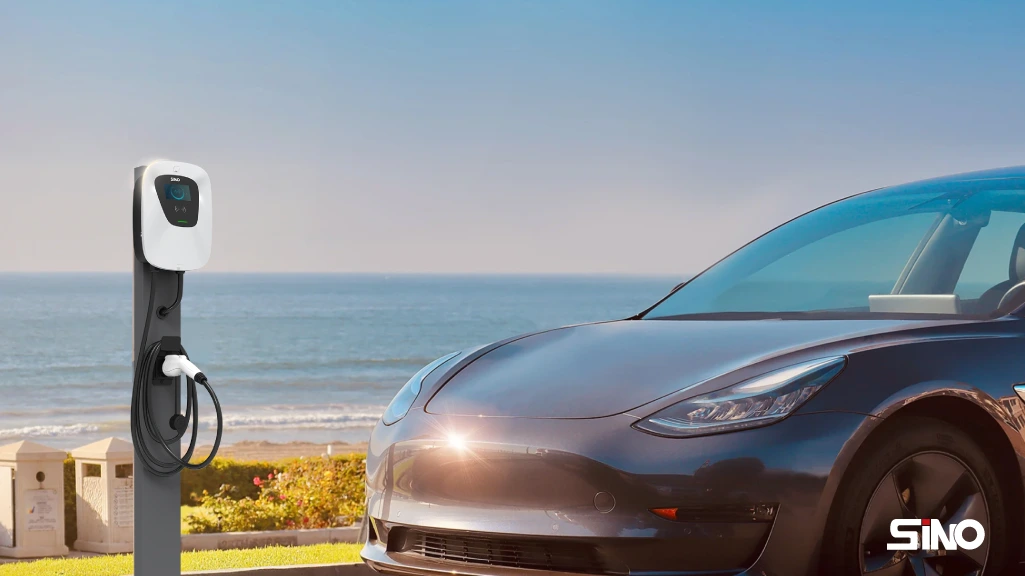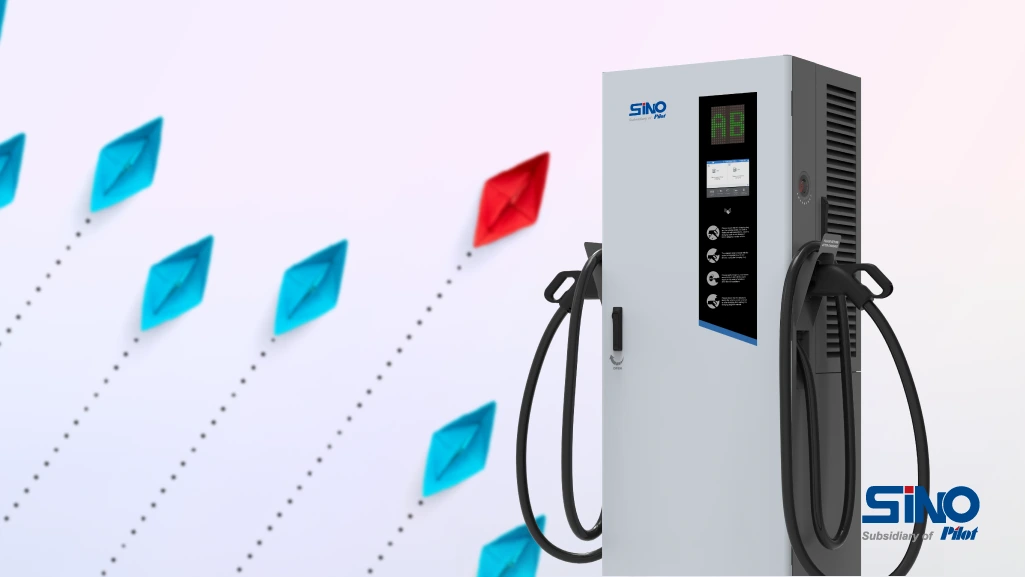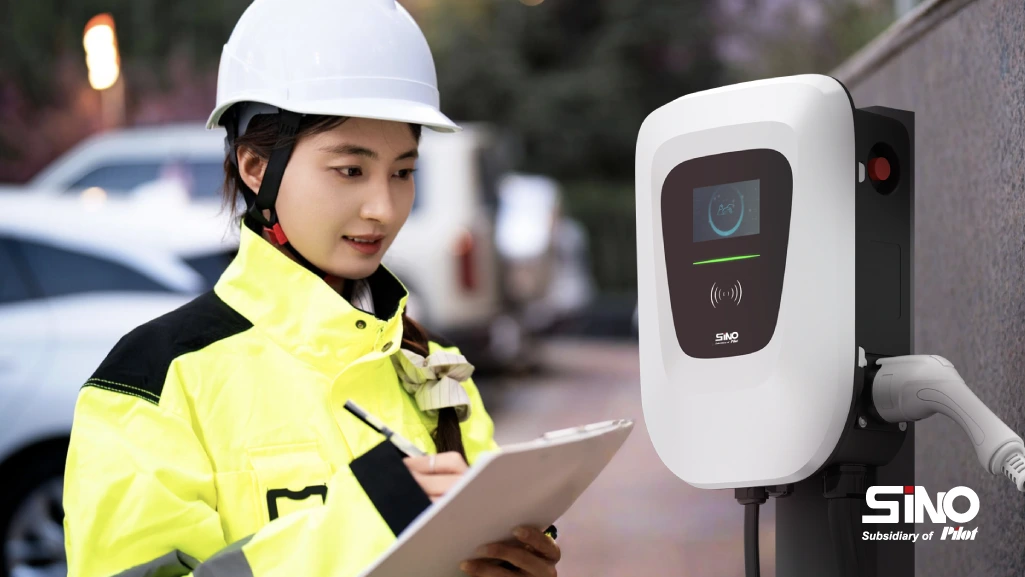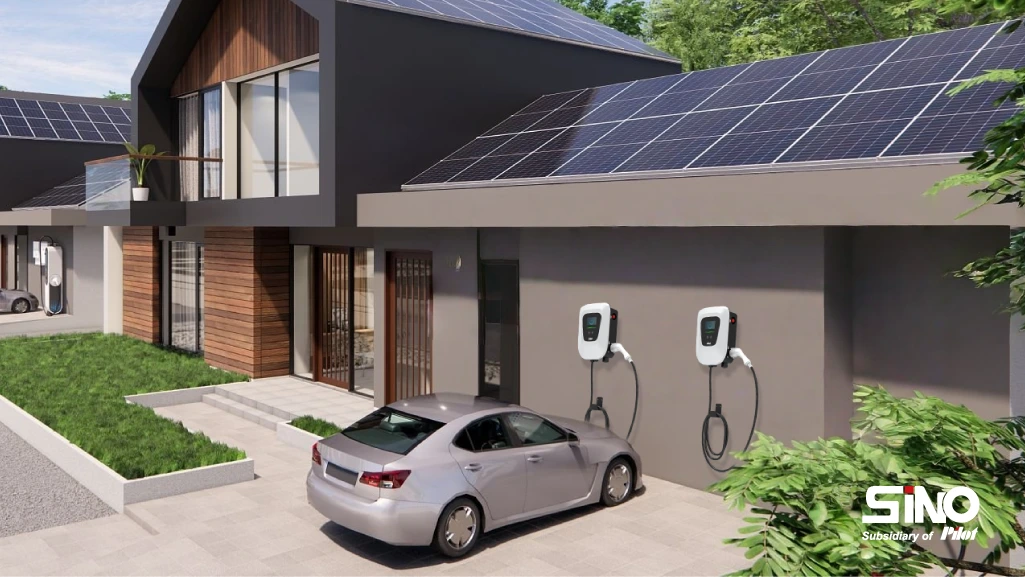Introduction–Why Ratings Matter for EV Chargers
When shopping for an EV charger, you might notice technical specs like IP65 or IK10 listed in the product description. These aren’t just random letters and numbers—they are official protection ratings that tell you how well a charger can withstand dust, water, and physical impact.
For both home and commercial installations, understanding these ratings can save you from costly repairs, improve safety, and ensure your charger lasts for years, even in challenging environments.
Understanding IP Ratings for EV Chargers
What is an IP Rating?
IP stands for Ingress Protection. It is defined under the IEC 60529 standard and measures how well a device is protected against the intrusion of solid objects (like dust) and liquids (like rain or splashes).
An IP rating always appears in the format IPXY, where:
X = protection against solids (scale 0–6)
Y = protection against liquids (scale 0–9K)
IP Rating Scale Explained
Solids (First Digit)
0 – No protection
1 – Protected against large objects >50mm
4 – Protected against most wires/screws >1mm
6 – Fully dust-tight
Liquids (Second Digit)
0 – No protection
4 – Protected from splashing water
6 – Protected from strong water jets
9K – Protected from high-pressure, high-temperature water jets
Common IP Ratings for EV Chargers
IP55 – Dust protected. Limited ingress of dust permitted, not interfering with operation. Protected against jets of water.
IP65 – Fully dust-tight, resistant to low-pressure water jets. Good for most outdoor environments.
IP66 – Fully dust-tight, resistant to strong water jets. Suitable for exposed outdoor and industrial sites.
For example, an IP66-rated EV charger can safely operate in heavy rain, making it ideal for commercial parking lots or roadside charging stations.
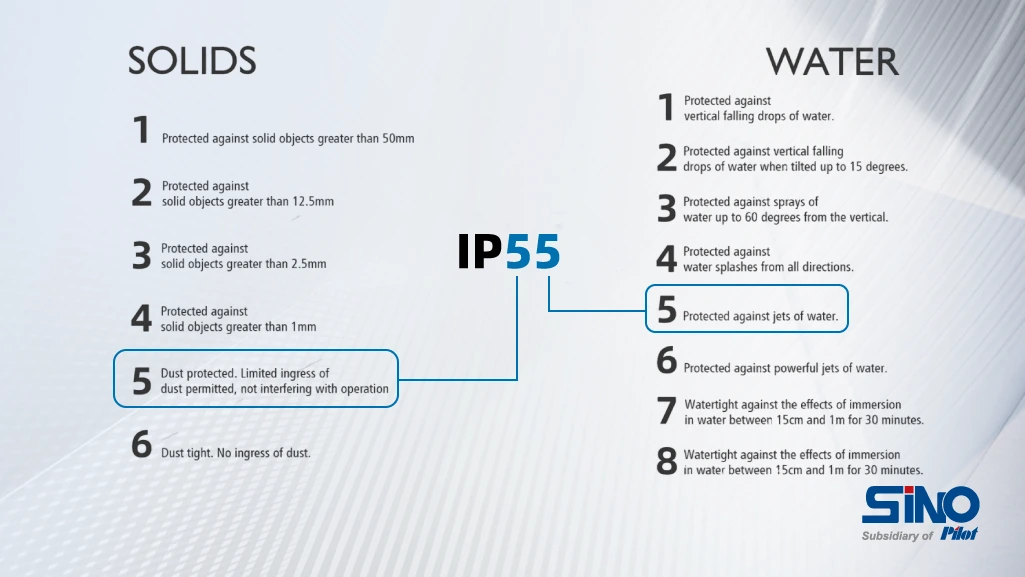
Understanding IK Ratings for EV Chargers
What is an IK Rating?
While IP ratings focus on dust and water, IK ratings measure impact resistance. Defined by IEC 62262, IK ratings tell you how well an enclosure can withstand mechanical force.
This is crucial for EV chargers installed in public spaces, where accidental knocks, vandalism, or vehicle bumps can occur.
IK Rating Scale Explained
IK ratings range from IK00 (no protection) to IK10 (highest standard level). The number corresponds to the energy (in joules) the enclosure can absorb:
IK07 – Withstands 2 joules (about a 500g object dropped from 40cm)
IK08 – Withstands 5 joules (1.7kg from 29.5cm)
IK10 – Withstands 20 joules (5kg from 40cm)
Common IK Ratings for EV Chargers
IK08 – Suitable for indoor or low-risk areas
IK10 – Recommended for public outdoor installations where vandalism or heavy use is possible
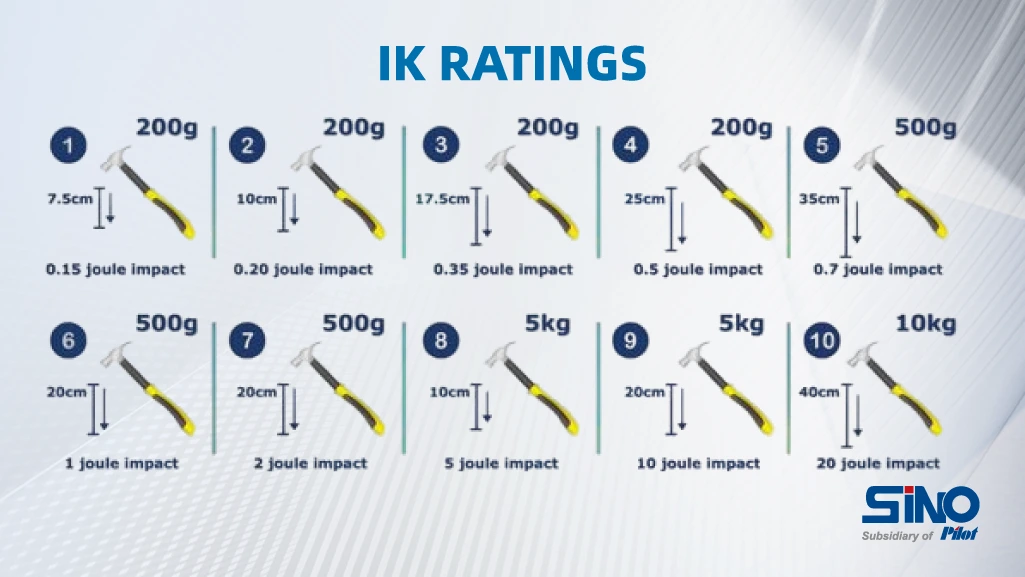
Why IP & IK Ratings Matter for EV Charger Selection
Weather Resistance & Longevity
High IP ratings ensure your EV charger can withstand heavy rain, snow, or dusty winds without internal damage, which extends its service life.
Safety in Harsh Conditions
A properly rated charger prevents water ingress that could cause electrical faults or hazards.
Cost-effectiveness Over Time
Investing in a charger with suitable IP and IK ratings reduces maintenance and replacement costs, delivering better long-term value.
How to Choose the Right IP & IK Rating for Your EV Charger
Home Use – If your charger is in a garage, IP44–IP54 and IK07–IK08 are usually sufficient.
Commercial Parking Lots – Choose IP65–IP66 and IK10 for protection from weather and vandalism.
Extreme Climates – For heavy snow, storms, or desert dust, go for IP66+ and IK10 to ensure reliability.
Conclusion – Don’t Overlook the Ratings
IP and IK ratings might seem like technical jargon, but they are your best guide to choosing an EV charger that’s safe, durable, and fit for its environment. A little attention to these numbers can protect your investment and keep your EV charging network running smoothly for years.
FAQs on EV Charger IP & IK Ratings
- Are higher ratings always better?
Not necessarily. Higher ratings may increase cost, so choose based on your environment and risk level.
- Can I install an IP54 charger outdoors?
Yes, but it should be under a shelter to avoid direct exposure to rain or snow.
- What’s the difference between IP and IK protection?
IP protects against dust and water; IK protects against physical impact. Both are important for outdoor EV chargers.
Our Social
Facebook: www.facebook.com/sinoevc
Instagram: www.instagram.com/sinoevc
Linkedin: www.linkedin.com/company/sinoevse
Youtube: www.youtube.com/@sinoevc
Twitter: www.twitter.com/sinoevc

“Charging for A Better Life”
—Zhuhai Sino Energy Technology Co.,Ltd.



